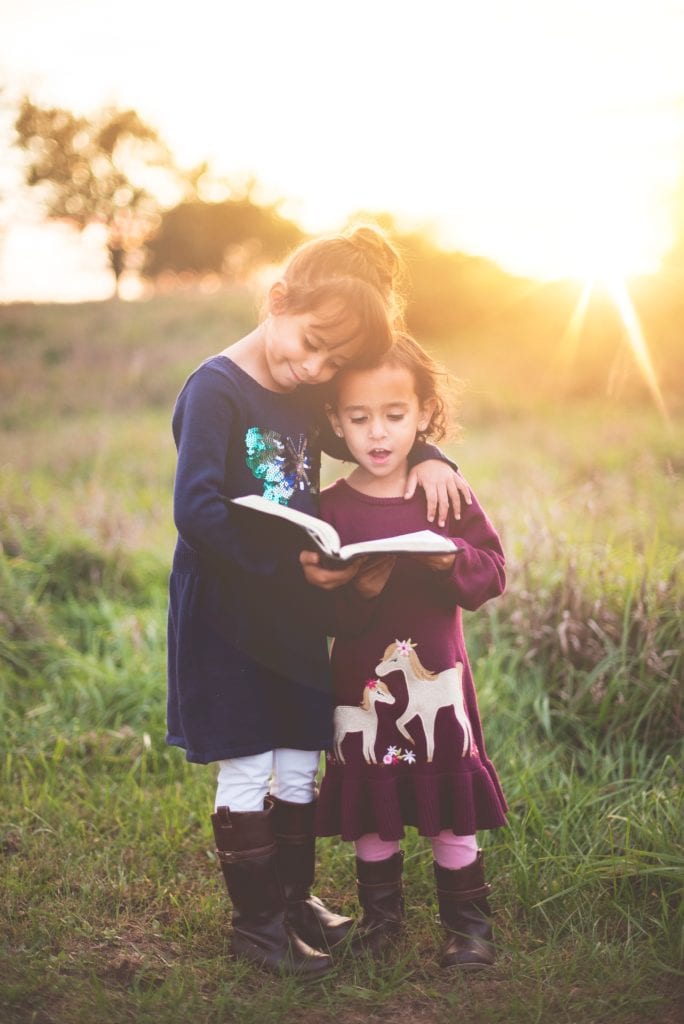Tested and Trusted: Choose Reading Intervention That's Proven to Work
Reviews and word-of-mouth can only tell you so much. Learn why independent research is the strongest sign that tutoring will actually help your...

Media has changed significantly and children are exposed to more graphic and mature visuals, language, and subject matter. Reading choice is an important part of building a reading life and how a child engages with print is part of their overall health development. Hoot Reading Advisor and Literacy Specialist, Deb Dunn, M.Ed shares advice on how to navigate book choice with curious readers.
Reviews and word-of-mouth can only tell you so much. Learn why independent research is the strongest sign that tutoring will actually help your...
When your child needs extra help with reading, understanding what type of support they’re receiving during the school day can help you advocate more...
January is a crucial moment for assessing reading development. A proactive check-in now can shape your child's reading progress for the rest of the...